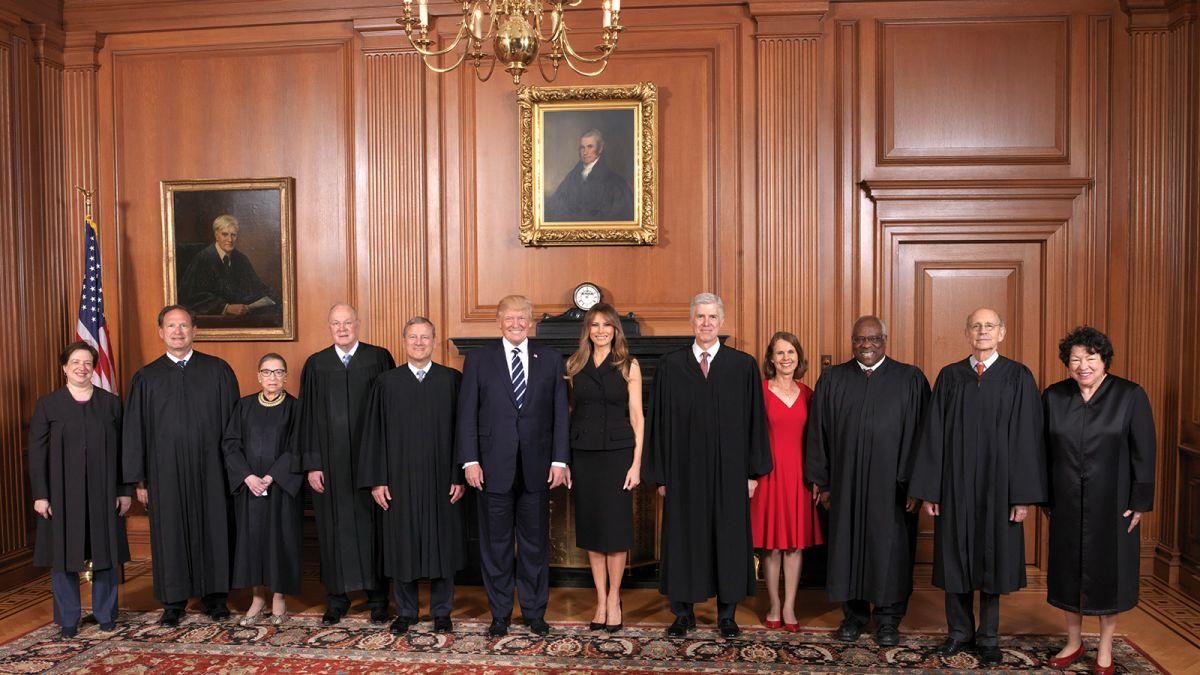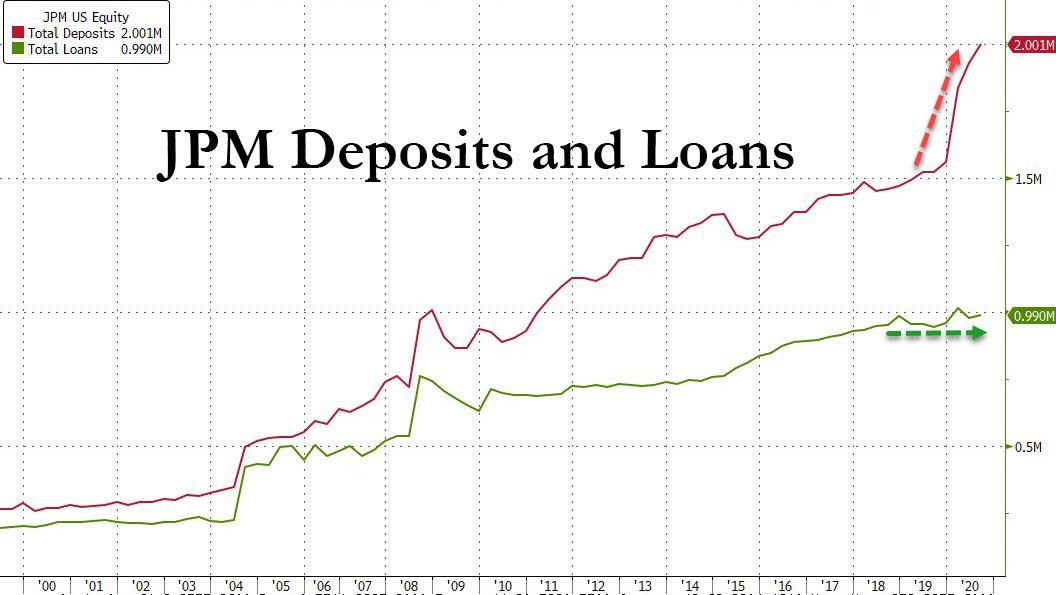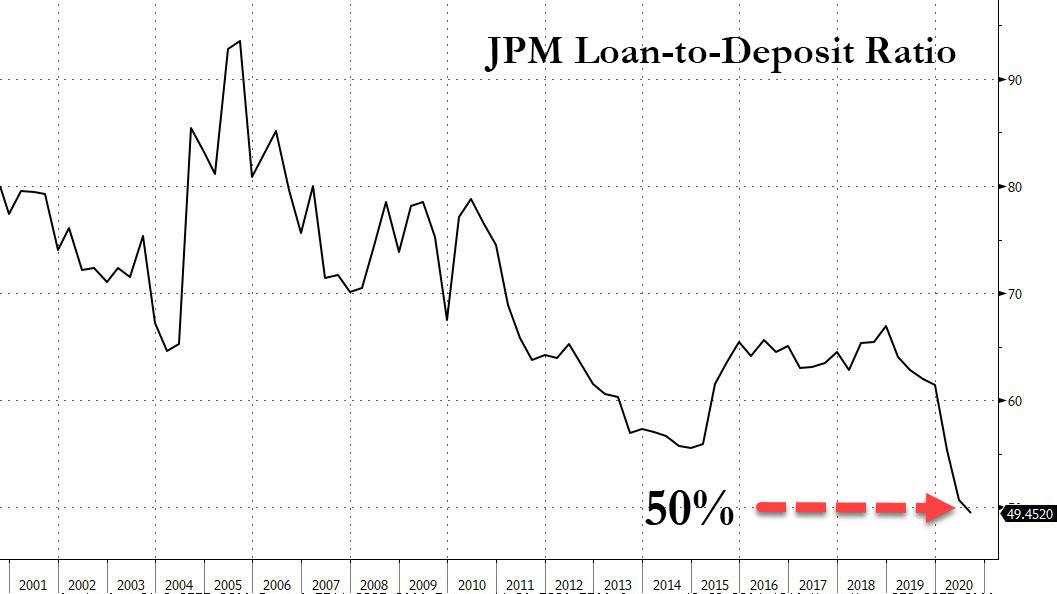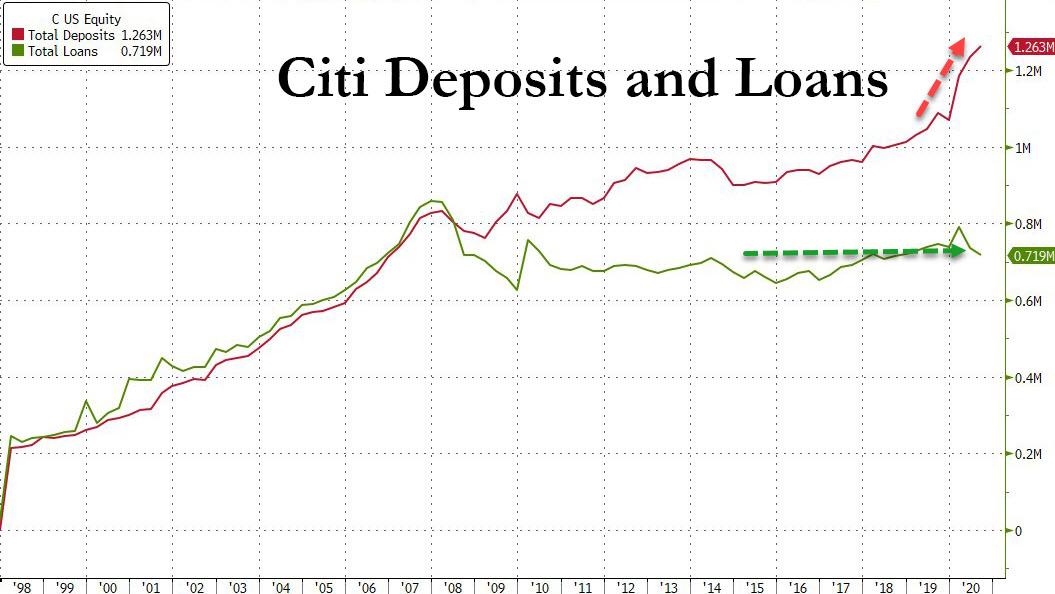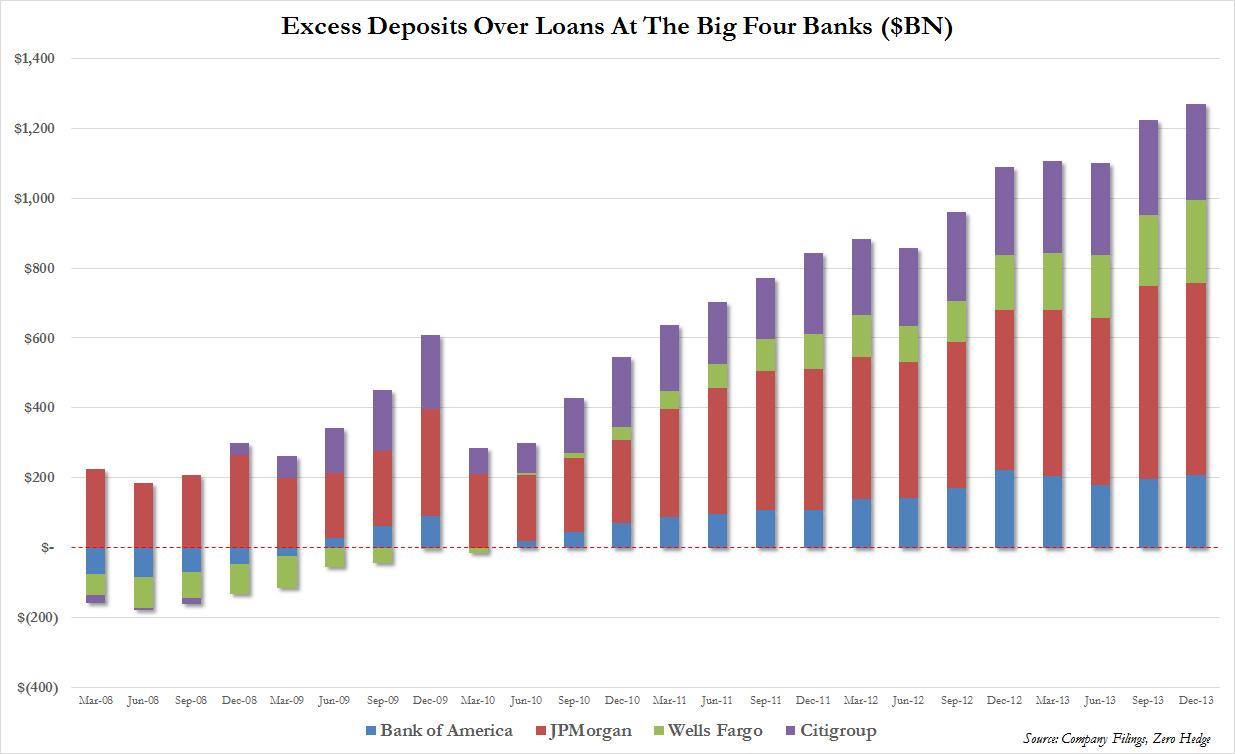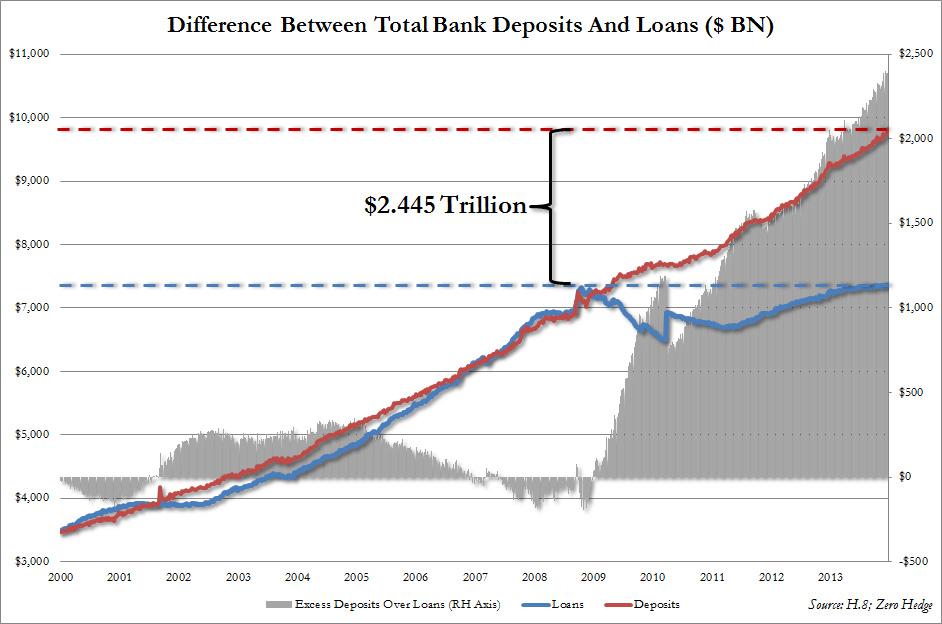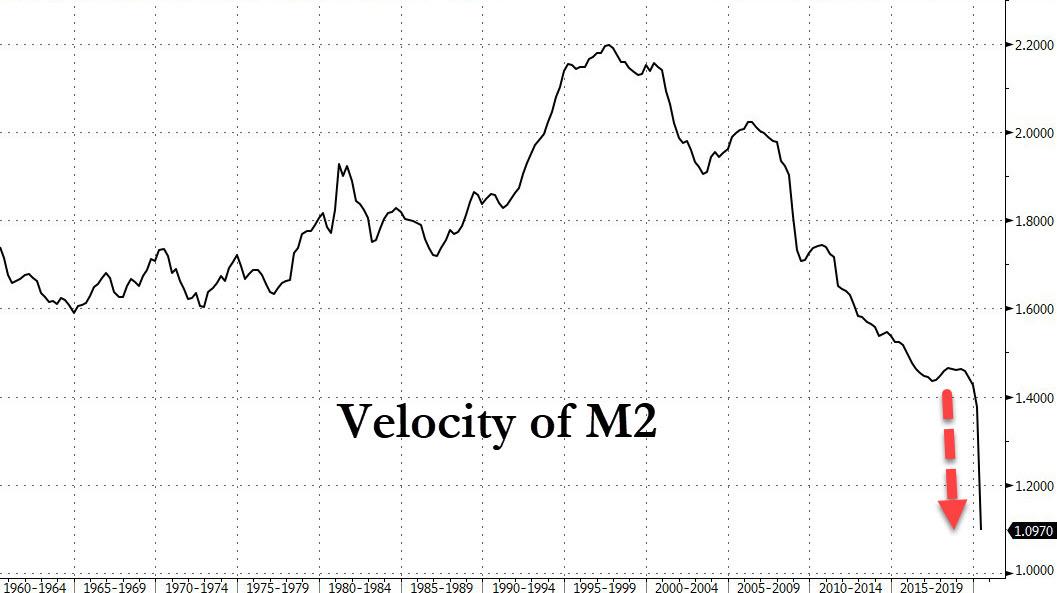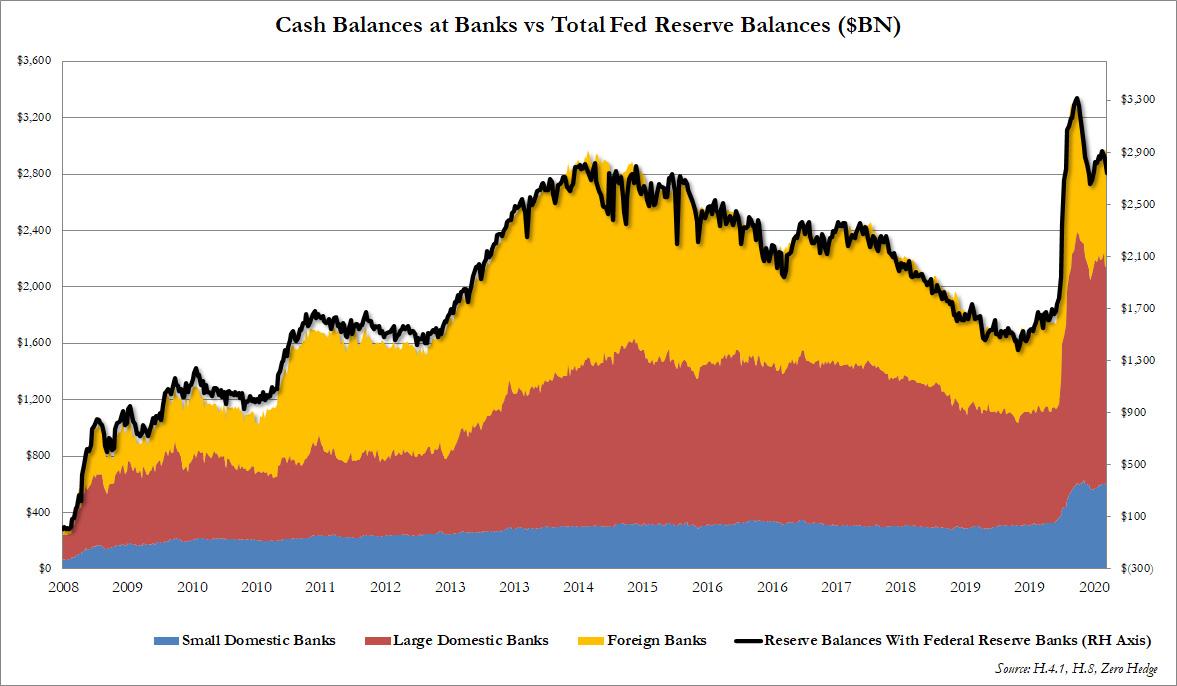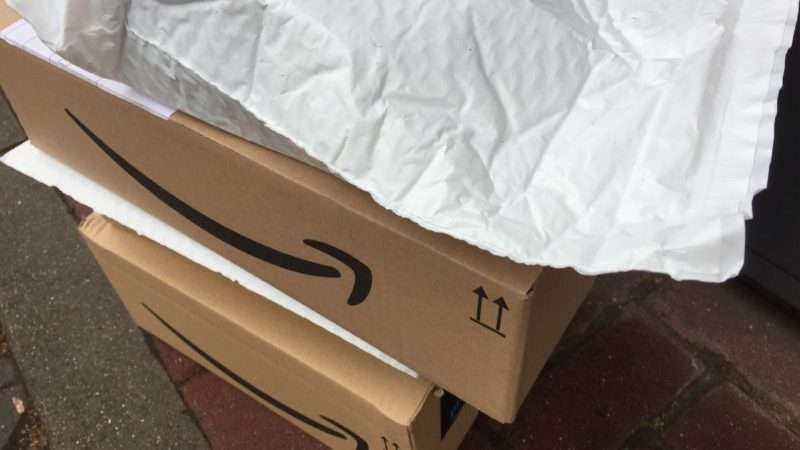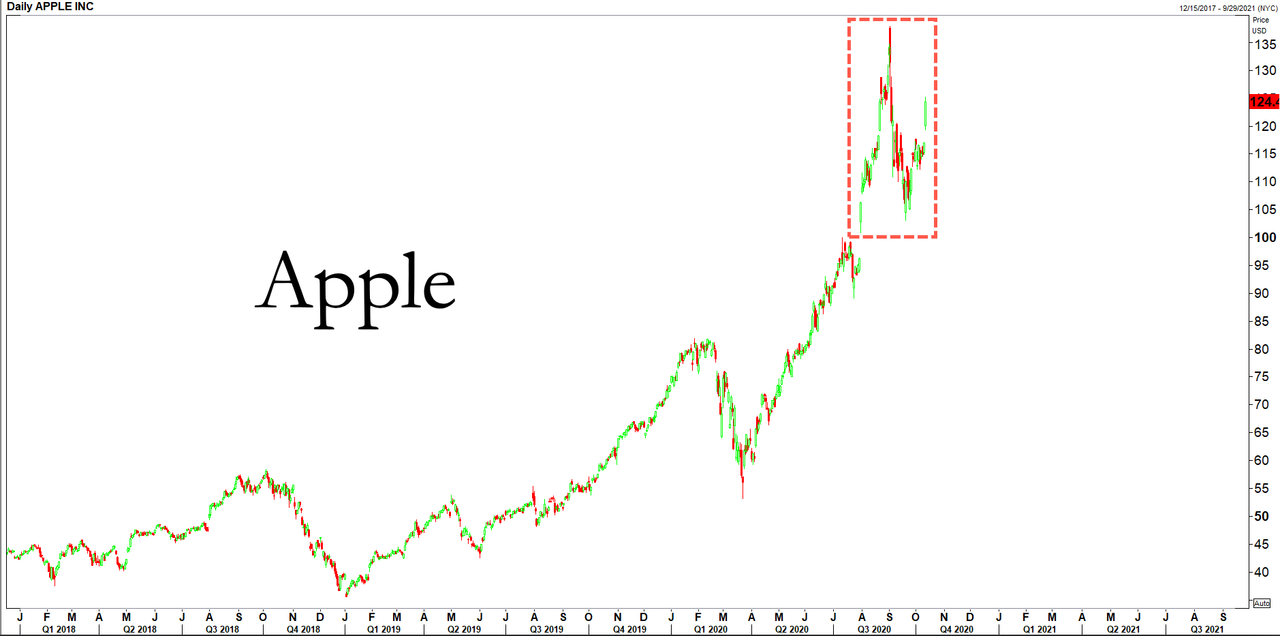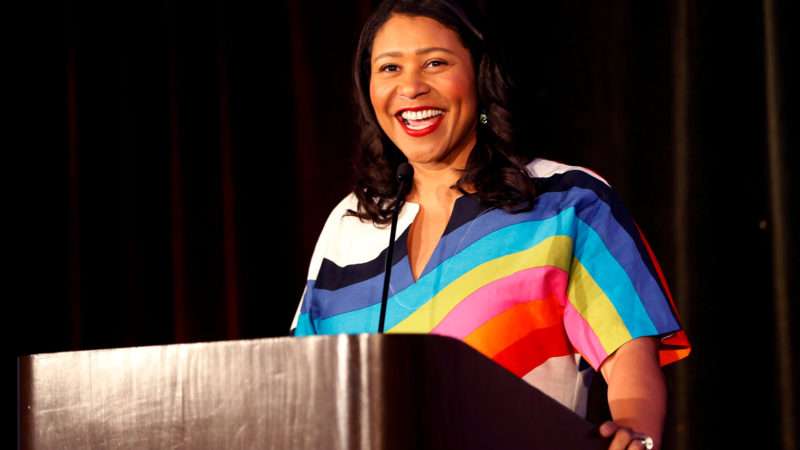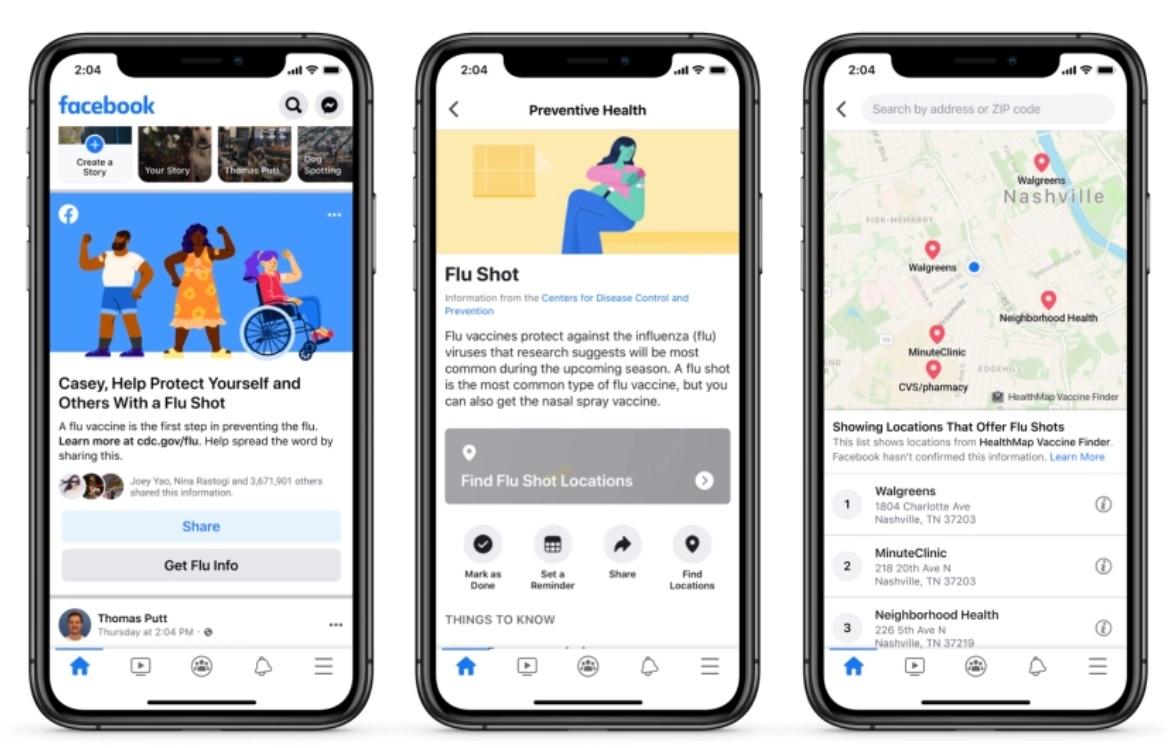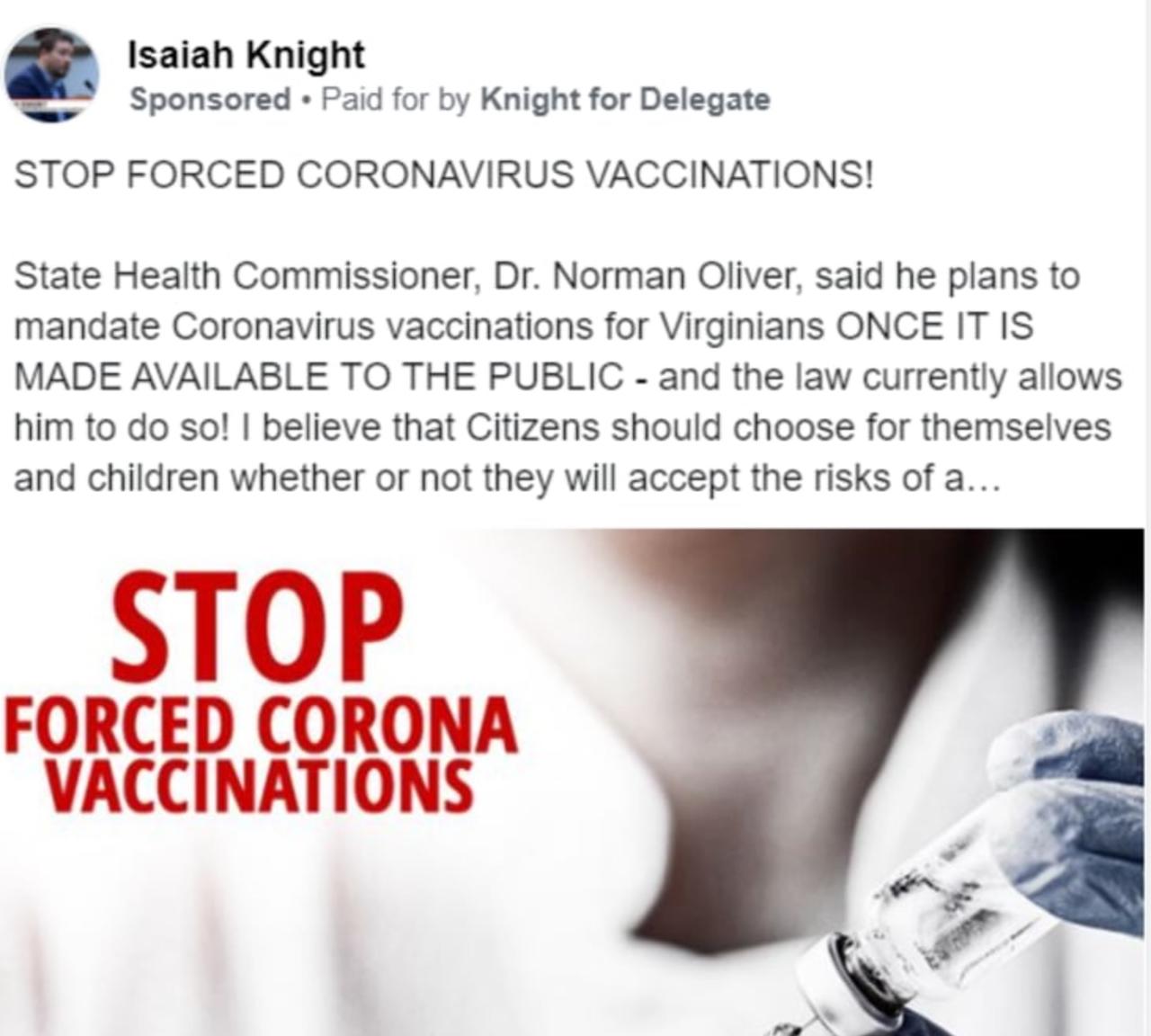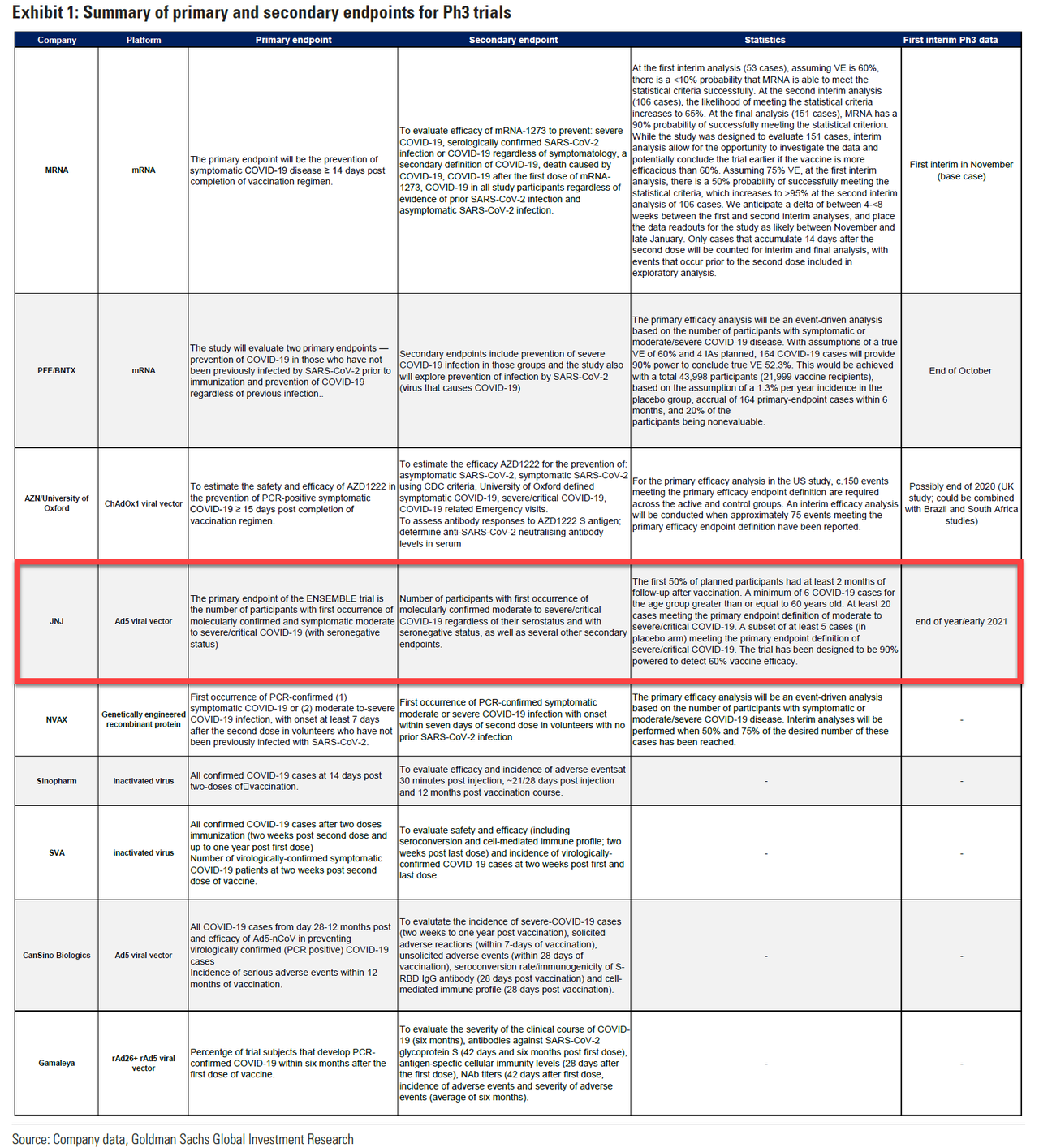San Francisco will become the latest city to experiment with a universal basic income (UBI). Sort of.
In an effort to assist the city’s struggling arts community in bouncing back from the pandemic, Mayor London Breed announced last week that she’d be rolling out a cash transfer program for artists.
Under the mayor’s plan, 130 artists in the city will receive a $1,000 monthly cash stipend for a period of six months starting early next year. It’s one of several arts-themed policies sourced from the city’s Economic Recovery Task Force final report released last Thursday, which also includes funding for “artists to paint murals with a public health theme on boarded-up businesses and deploy performance artists to promote COVID-safe behaviors in high foot traffic areas.”
“In the months and years ahead, it’s going to take that same collective effort to confront the economic devastation caused by this virus,” said Breed in a press release. “We need to continue to translate these ideas into action so we can get people back to work and get San Francisco moving forward.”
The proposal is drawing both interest and criticism from UBI advocates.
“We’ve sort of gotten into the habit of cloaking anything that gives money to people as a universal basic income,” Michael Tanner, a senior fellow at the Cato Institute, tells Reason. “This is a subsidy for artists.”
A true universal basic income, says Tanner, has to be, well, universal, or at least broad-based. The limited number of people who could benefit from San Francisco’s program, he says, and the requirement that they have to be artists means Breed’s proposal is effectively a grant program for a select political constituency.
One benefit of a UBI is that it doesn’t involve politicians attaching too many strings on who qualifies for benefits, which in turn requires less bureaucracy and limits the government’s ability to incentivize or penalize particular behaviors.
San Francisco is negating this benefit, says Tanner, by restricting the pool of potential beneficiaries to artists, a term the city will now have to define with new regulations and potentially politicized rule-making.
Max Ghenis, founder and president of the UBI Center, a think tank that researches basic income policies, is more bullish on San Francisco’s artist UBI idea. While imperfect, it still incorporates a lot of the benefits that a universal basic income is supposed to offer, he says.
“Sometimes the u [in UBI] also means unconditional. I think this does pretty much mean that. The people selected for the program, once they start to get it, won’t be subject to work requirements or other kinds of requirements that are accessed on other types of programs,” Ghenis notes, giving the example of the Temporary Assistance for Needy Families program, where recipients have to check in with a program officer and report income changes.
Recipients of San Francisco’s basic income can also spend the money on whatever they want, he says. That’s distinct from other traditional welfare programs like food stamps or housing vouchers, which have to be spent on specific things.
Ghenis says San Francisco’s proposal might be the first UBI-like program to target artists. Other programs, particularly outside the U.S., have been limited to assisting other types of people, like rural residents or those who have been incarcerated.
A recent study of an unconditional cash transfer program to people who had been homeless in Vancouver, Canada, found that recipients reduced their spending on things like cigarettes and alcohol, and were more likely to find stable housing than those who did not benefit from the program. The same study also found that the $7,500 cash transfer provided to recipients saved the Vancouver emergency shelter system $8,100 per person.
The COVID-19 pandemic is generating increased interest in UBI as a more streamlined way of providing assistance to those in need. Included in the coronavirus relief bill passed in March was a $1,200 cash payment to all citizens making $75,000 or less.
In Stockton, California, a privately funded UBI-like pilot program that provided $500 in cash to 125 residents earning no more than the city’s median income has been extended beyond the 18 months it was supposed to run because of the pandemic, reports CityLab. Oakland Mayor Libby Schaaf announced in July that her city would be launching a similar UBI-like pilot program for low-income residents.
San Francisco’s plan to provide a relatively generous $1,000 a month just to artists is not ideal, says Ghenis. Existing city programs could be retooled or expanded to provide the benefits of UBI to more people. He suggests expanding the city’s tax credit for working families or redirecting development impact fees from an affordable housing trust fund to simple cash assistance to poorer renters.
Like Tanner, Ghenis notes that it’ll also be difficult to define who counts as an artist for the purposes of the program.
The details of San Francisco’s UBI are still pretty sparse. The mayor’s office did not return Reason‘s request for comment.
In addition to the artist UBI, Breed announced last week a host of other policies intended to help the city recover from the pandemic. That includes waiving taxes and fees for small businesses, extending the Shared Spaces program (which allows restaurants and other businesses to set up shop on the sidewalk and in parking spaces), and grants for the city’s cultural districts.
Libertarians and libertarian-adjacent folks have long advocated for basic income proposals as a superior replacement to traditional welfare programs, whose many strings often mean these programs become just another form of social control. Obviously, more radical libertarians who find all taxation and redistribution immoral will still have problems with UBI, whatever its ability to beat back bureaucracy.

from Latest – Reason.com https://ift.tt/3lKz1aa
via IFTTT
